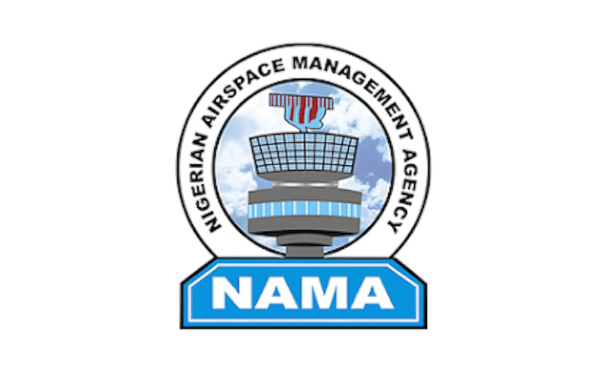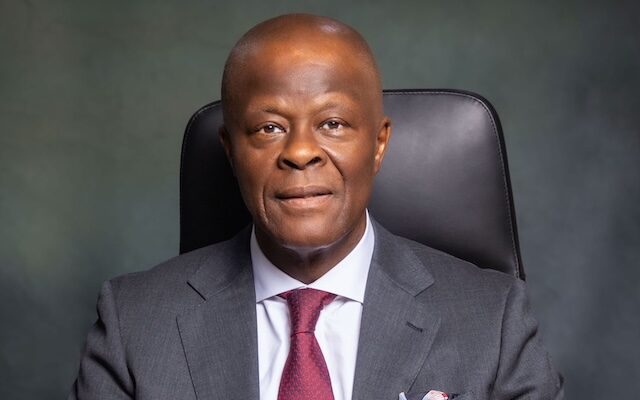
Chinedu Eze
Some experts in the aviation industry have expressed doubt that the airlines established by state governments may not be sustained in the long term, citing the sensitive nature of airline business.
They also cited the high standard demand and the succession nature of governments under a democracy, but other experts strongly disagreed, insisting in their long-term sustainability.
Some of the experts saw the establishment of the airlines as a welcome development, because, in their estimation, Nigeria needs more airlines.
They stressed that the introduction of additional aircraft into the market has tamed the high fares and also provided more seats to the passengers.
But others expressed strong doubt, insisting that the airlines will not be effectively managed for a long time without going under.
Akwa Ibom is the first state in Nigeria to establish an airline, called Ibom Air and it followed through, passed the five stages of certification process and obtained its Air Operator Certificate (AOC) in 2019. Since then it has become one of the prime Nigerian carriers and currently operates a regional destination.
Enugu State was the next to established an airline known as Enugu Air, with initial fleet of three Embraer aircraft. Ogun, Ebonyi and Bayelsa states are at the cusp of establishing their own airlines. Currently, Ogun state has aircraft attached to Valujet Airlines, called Gateway Air, Ebonyi already has three aircraft-Embraer aircraft, which the state government may attach to another operator.
It was learnt that they have obtained their Air Transport Licence (ATL), which is precursor to AOC. Ogun State’s Gateway is also in the process.
Former Commandant of the Murtala Muhammed International Airport and member of Aviation Round Table (ART), Group Captain John Ojikutu (rtd), said running commercial airline business in Nigeria remained precarious.
“There can be no sustainability in any business of commercial aviation in Nigeria, if there is no study of its business plan that has been audited by the NCAA in accordance with the Nig CARs Economic Regulations. How can any airport or airline sustain itself in an economy that had in the year 2000, projected 20 million passengers in 2020 with 18 airports and about 8 airlines but in 2025, we still have less than 20 million passengers, with about 30 Airports and almost same number of operating airlines,” Ojikutu said.
He advised that licence approvals by the Nigeria Civil Aviation Authority (NCAA) must be based on increase in traffic figures for passengers and cargo and possibly airports the airlines fly to.
Trustee Member of Airline Operators of Nigeria (AON), Captain Roland Iyayi, expressed optimism about the future of the airlines owned by state governments.
He said their success or failure will depend on the business strategy they put together and the vision behind their establishment and not the business ownership.
“It is good that states are establishing airlines to open up their state economies and attract foreign direct investments (FDIs). That is the major factor: to access FDIs,” Iyayi said.
Iyayi complained about the minimum of 18 months requirement before an airline is qualified to obtain AOC, stressing that the period is too long.
“As a country, we create bottlenecks for ourselves. Why does it have to take 18 months to get AOC? NCAA must respond to the desire of the airlines as quickly as possible. It should be more business oriented to ensure airlines can come on stream faster; maybe three to six months because Nigeria needs more airlines. NCAA is extremely bureaucratic, which retards the growth of the industry. NCAA must have to review its certification process in a way that it will not compromise its safety standards, but it can be abridged to reduce the time of application. It should create a department to liaise with entrants to enable them go through the process in record time,” he said.
A top official at NCAA also told this reporter that the state-owned airlines attached to airlines with AOC were not recongised by NCAA.
NCAA, he said, only recognises their partners that have operating licence adding that the airlines must have the same aircraft types.
“So the airline must have engineers type rated on the aircraft type and crew also type rated on the aircraft type before they will be allowed to partner with Ebonyi airline. In the eye of NCAA, there is nothing called Enugu Air. The airline they know is Xejet. Ebonyi has already acquired three aircraft and it is talking with one airline, which has gone far. What they are doing now is what is called inclusion, which is getting the engineers and crew rated on the aircraft Ebonyi is coming with because the airline does not have the aircraft type in its fleet before now,” he said.
The official said airlines owned by the states have potential to exist for a long time, noting that those running the airlines are experienced hands from the private sector who are meticulously following the process.
“If you look at Ibom Air, you will know it is being managed by professionals. That is the way Enugu Air is being managed,” he said.





